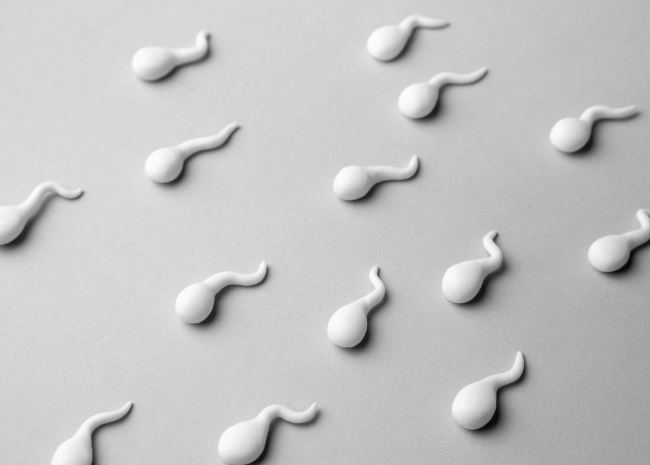DIAGNOSTIC TESTS FOR MALE INFERTILITY
Sperm Analysis
Since sperm issues affect around 40% of couples with infertility, it is important to do a semen analysis to identify any issues that may be present. The male partner should have between 2 to 5 days of abstinence, prior to collecting a semen sample for testing.
- Viscosity (resistance to flow)
- Motility (movement of the sperm)
- Count (number of sperm)
- Morphology (Structure or shape of the sperm)
- Volume of semen
The assessment of sperm is essential as this step ensures accurate treatment design in order to target low sperm quality or number and increase the chance of success.

Physical Exam
In some cases, a physical examination may be requested to evaluate the pelvic organs — the penis, testes, prostate and scrotum.
Hormone Testing
Hormone tests evaluate levels of testosterone and FSH (follicle-stimulating hormone) to determine the overall balance of the hormonal system and specific state of sperm production. Additional hormone evaluation may be requested according to the individual.
Sperm DNA Fragmentation Testing
The integrity of genetic material in the sperm is essential for successful fertilisation and normal embryo development. Sperm DNA fragmentation is a term used to describe abnormal genetic material within the sperm, which in turn may lead to IVF failure and miscarriage. A conventional semen analysis done for sperm concentration, motility analysis and morphology assessment cannot assess the sperm at the molecular level and detect DNA fragmentation.
- High sperm DNA fragmentation affects blastocyst development
- Higher the DNA fragmentation levels, higher the chances of failed IVF and miscarriage
- Sperm DNA fragmentation is higher in subfertile men with abnormal sperm parameters
- Men with normal sperm parameters are also found to have high sperm DNA fragmentation
Best IVF Hospital in Cyprus | High Success Rates
Embryon Fertility Center is a leading fertility & IVF clinic in Limassol, Cyprus offering world-class fertility treatments for women and couples.
Copyright 2021 © Embryon Fertility Center
All Rights Reserved
Copyright 2021 © embryon
All Rights Reserved